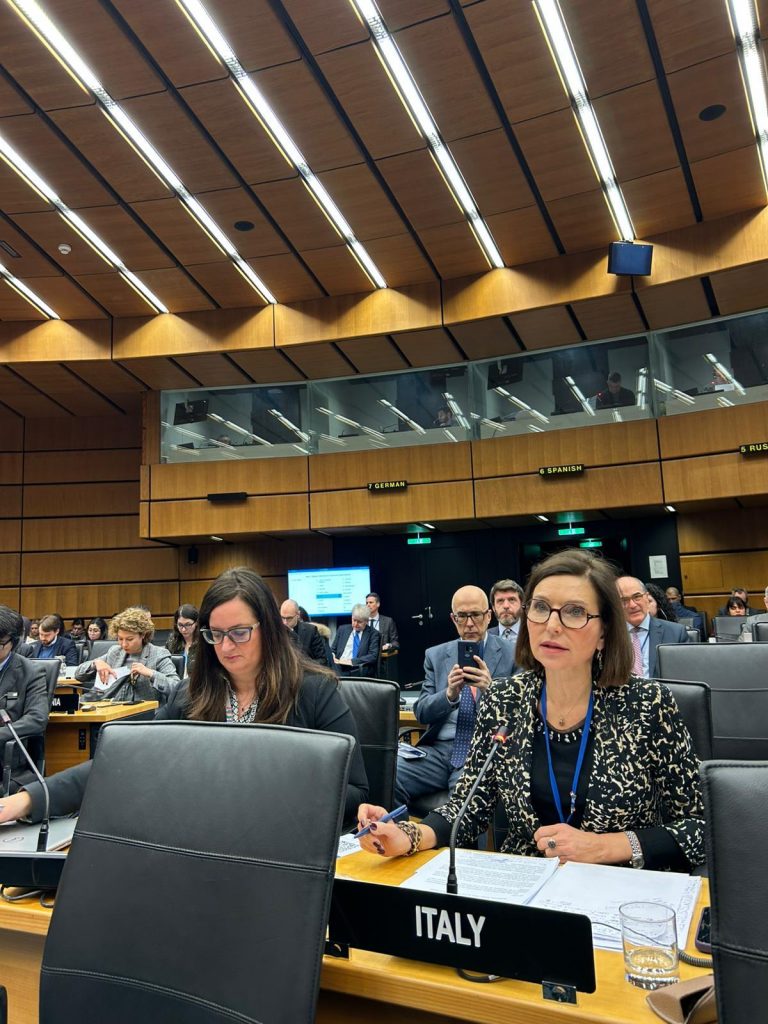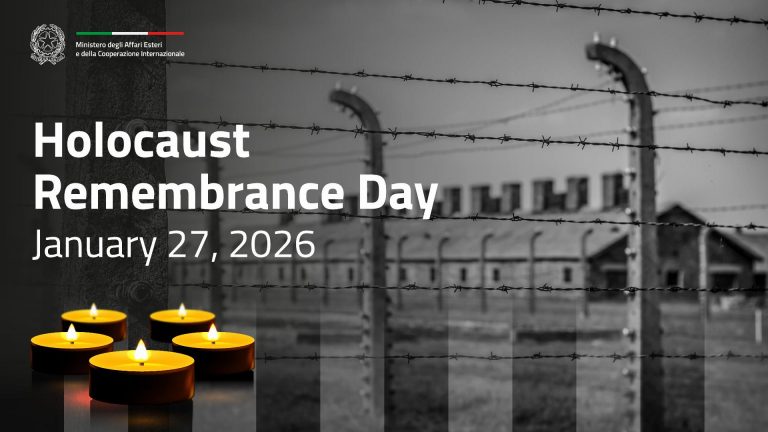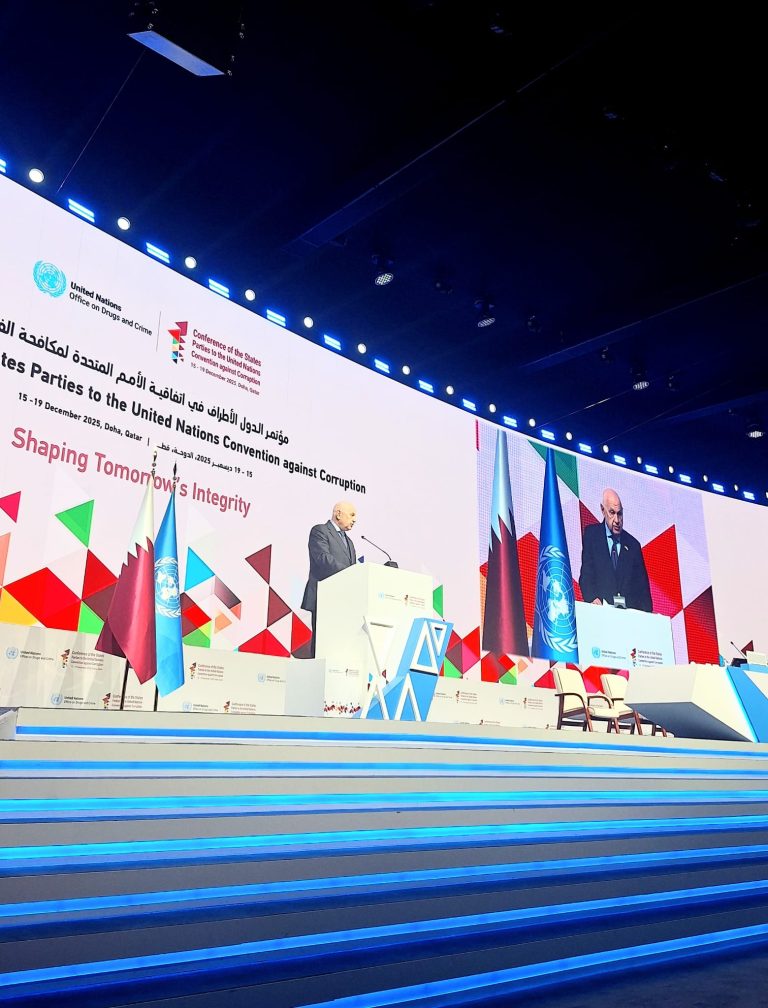
From 14 to 18 may 2018, the XXVII session of the United Nations Commission on Crime Prevention and Criminal Justice (CCPCJ) was held in Wien.
The UN Secretary-General, António Guterres, intervened at the session and underlined the link between the fight against organized crime and the attainment of the Sustainable Development Goals. The Secretary General also touched upon the most urgent challenges with which the international community is confronted: human trafficking, corruption, terrorism, cybercrime and the drug problem.
Italy was represented by the Minister of Justice Andrea Orlando, who intervened during the high-level meeting of the Group of Friends of the Mandela Rules (The Minimum Standard Rules for the Treatment of Prisoners), which was organized to celebrate Nelson Mandela’s centenary. The Minister illustrated how the Mandela Rules have provided a source of inspiration for the reform of Italy’s penitentiary system, with the ultimate aim of enhancing the prisoners’ dignity and their social reintegration. Minister Orlando also met with the Executive Director of the United Nations Office on Drugs and Crime, Yury Fedotov, and a representation of Italian officials working for UNODC, INCB and UNCITRAL.
Alongside the Commission, more than 80 side events took place and Italy was actively involved in four of them. The first was organized to celebrate the 50th anniversary of the partnership between Italy and UNICRI and was attended by the Director-General for Development Cooperation, Giorgio Marrapodi. During the event Prof. Maria Falcone, Italian Judge Giovanni Falcone’s sister and President of Foundation Giovanni and Francesca Falcone, was nominated as advocate of UNICRI. Professor Maria Falcone contributed to the event with a video-message.
Italy also organized an event dedicated to integrity and anti-corruption policies in the private sector. The event featured the participation of the Ministry of Foreign Affairs, the Italian Anti-Corruption Authority, Transparency International Italia, SNAM, ENEL and Unioncamere. The project aimed at promoting best practices of organizational models for the prevention of corruption adopted by Italian enterprises which operate also abroad, in compliance with the obligations arising from national laws and international conventions. Finally, Italy co-sponsored two events on prevention of femicide and on access to justice for women victims of violence.
The Commission also adopted eight resolution regarding such issues as trafficking in human beings, restorative justice, rule of law, the preparation of the next UN Crime Congress (Kyoto, 20-27 April 2020) and the enhancement of the Commission’s role to implement the 2030 Agenda for Sustainable Development
In its national capacity, Italy co-sponsored a resolution tabled by Mexico on international cooperation in the fight against trafficking in cultural property.









